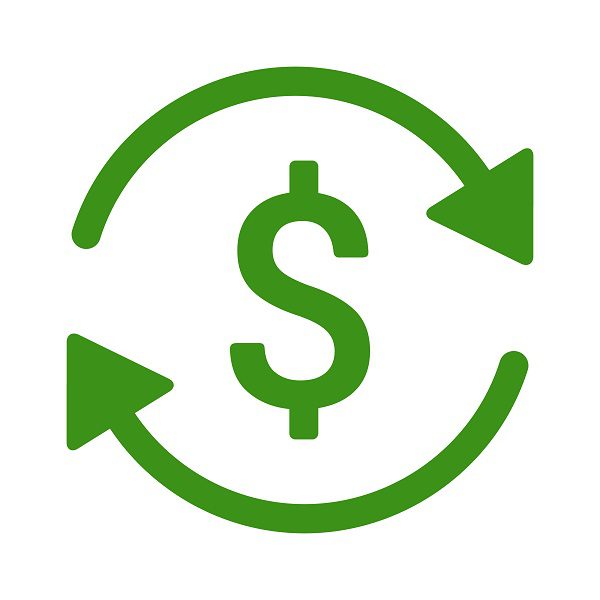If you’re a business owner who has been through a recession before, you know that smart cash flow management is absolutely crucial. If you’re a new entrepreneur who hasn’t been through an economic downturn, you may be less familiar with how quickly your finances can be affected.
To protect yourself and keep your business operating, here are the things you need to know about adjusting your cash flow process to match the economic environment.
Evaluate Your Expenses
When cash is short, it’s time to take a magnifying glass to your expenses, both to ensure that you’re being charged appropriately and to determine which of the invoices coming in should not be repeated. It’s easy to spend money when cash is coming in, but once things get tight you may need to adjust your budgetary line items and start chatting with employees about whether specific expenditures are actually needed.
You may also want to think about how spending decisions are approved, limiting authority for purchasing above certain amounts or requiring sign-off from management to ensure that you’re staying within your means and available resources. Though staff may object to losing their travel or entertainment budgets, an economic downturn should reclassify them as luxuries that can be cut back or eliminated rather than necessities. The same goes for meeting expenditures.
Other expenses can be adjusted in a way that limits the impact on your staff but still helps your bottom line. Fixed costs for transportation can be shifted from purchasing new vehicles to contracting for a fleet leasing program. Doing so keeps your capital in your bank account, where it can be put to better use when money is tight.
Vendor relationships can become strained when you find yourself having to either cancel or downgrade a contract and even more so if you’re unable to pay your bills. The best way to approach this is upfront and with honesty. The more open you are about your cash situation, the more likely you will be able to work something out in the short term and maintain or resume the relationship for the long term.
Make It Easier for Your Clients to Pay Their Bills
When you insist on issuing paper invoices and getting paid by check, you automatically slow down the process of getting paid. Make it easier for your clients to pay you by setting up an online payment option and billing them electronically. If you have clients you’ve been allowing to slide in terms of on-time payments, it’s time to have someone within our organization – preferably somebody in management – contact them directly. As for new clients, if you haven’t been conducting credit checks before providing them with goods or services, it’s time to start. It’s better to turn away business that might not get paid for than to get stuck holding an uncollectable bill.
Involve Your Employees
Though your financial challenges are ultimately yours to shoulder and solve, that doesn’t mean that your employees should not be kept in the loop about the realities of your day-to-day situation, and this is particularly true for the core group upon whom you rely most. Not only is it a good idea to talk with them and explain why you’re putting more restrictive policies in place, but in doing so you may find that they have ideas for how to boost revenue, ease cash flow, and save money. It’s the people who are on the ground who see where money is being wasted and where cost-cutting changes to staffing and expenditures can be made. Use this valuable resource!
If you are encountering cash flow challenges and would like additional guidance, contact our office today to set up a time for a consultation.









